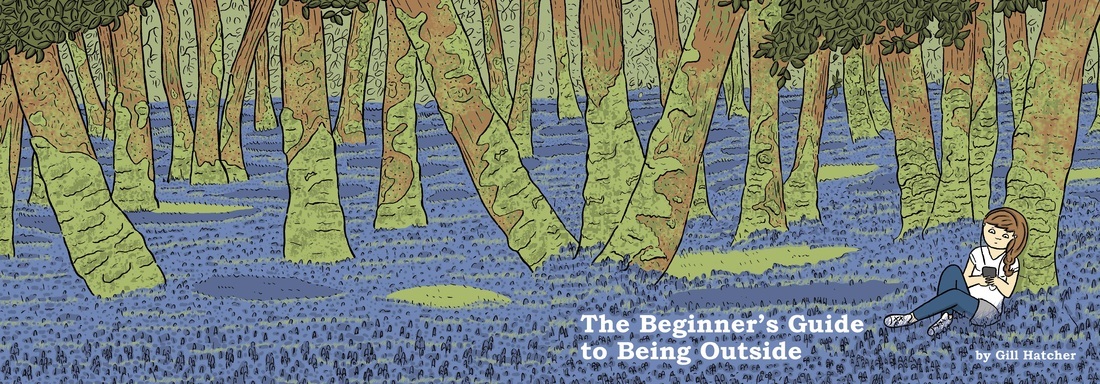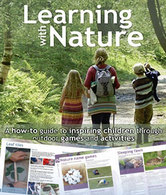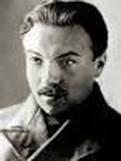More nature words we want back in the Oxford Junior Dictionary
The Committee for Childhood has decreed by Olivia Sprinkel
Young people of today,
the Committee for Childhood has decreed
the following words are hereby deemed
superflous to your youthful need:
No longer do you need to know
the onomatopoeia of babbling brooks,
or recognise the glint of minnows as they dart.
Henceforth, no longer will earthy beetroot
or hedgerow blackberry stain your little fingers,
let’s keep them clean! Our official stamp
obliterates the porpoises who arc
between crystal sea and sky,
the heron standing proud and still.
The conk of a conker being conquered
or the lonely belly-deep bray of a donkey
from across fields far away -
you will not miss these sounds.
It is but childish to hold a buttercup
to a friend’s chin to see gold glow.
And why do you need to know
it is from acorns that oak trees grow?
We will provide.
Instead, we decree,
these are the frames
for what you see:
bungee-jumping celebrity
is, of course, compulsory.
Your souls will be formed
through attachments
to block graphs and databases.
The Committee welcomes you
to your citizenship of this world!
The physical fitness of children is declining by 9% per decade
In the third and final pre-Christmas blog of this campaign, we look at some more words - poppy among them - that must be put back in the OJD, and hear from more people with recommendations for alternative books for children. But first, a new poem.
In a ground-breaking initiative the RSPB and the Wildlife Trusts are calling for a Nature and Wellbeing Act in England to strengthen legislation for the creation of accessible green space, more resilient protected areas and an education system that reconnects society with nature as a matter of duty.
What has that got to do with a few words removed from a dictionary? The toll of lost words will come as a surprise to anyone who still regards connecting with nature a vital part of growing up. Sounding the death knell for outdoor play by axing some of the words most associated with it is to be part of a problem society cannot afford to just accept with an impotent shrug.

"I think The Beginner’s Guide to Being Outside by Gill Hatcher is lovely. And one of my all time favourites is Everybody Needs a Rock by Byrd Baylor with pictures by Peter Parnall. The beautiful illustrations and reflective process of finding the perfect rock for you is different and compelling."
Every wild thing needs one in their rucksack

Mark says: “it is beautifully set out with hundreds of awesome things to do with your wild one. Whether its making flower fairies (a particular favourite of my 4-year old and me) or learning how to make shelters and fire safely, its all in this book in a really easy to read and digest way. Every wild thing needs one in their rucksack.”


 RSS Feed
RSS Feed
